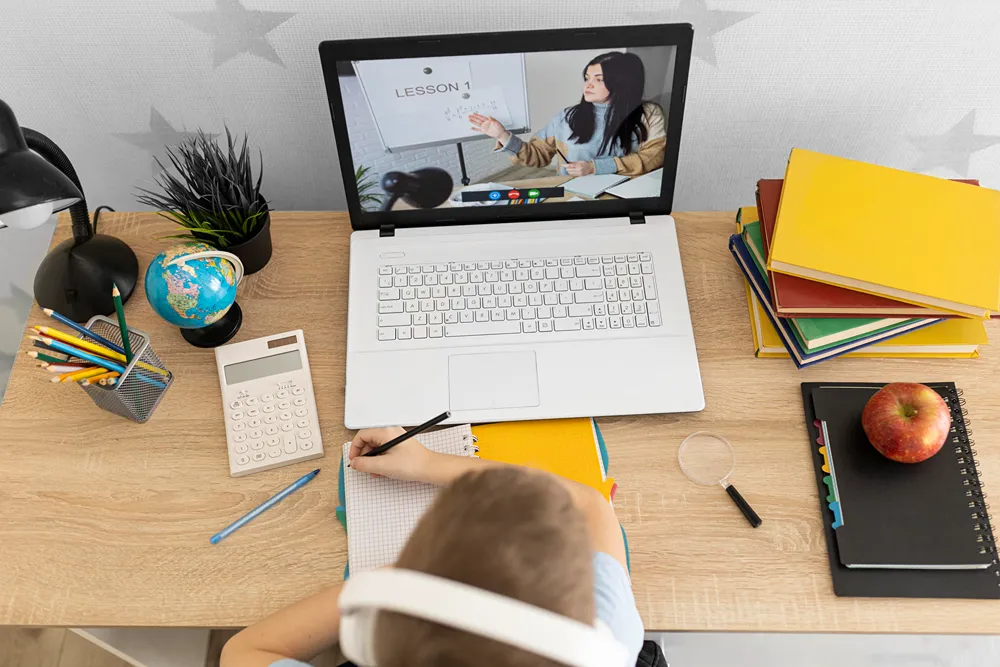Why Choose a Childminder for Your Family’s Needs
Finding the right childcare solution can feel overwhelming, especially when you’re juggling work commitments and your child’s wellbeing. A childminder offers a unique blend of flexibility, personalized attention, and home-based comfort that many families find perfect for their needs.
Unlike traditional daycare centers, childminders provide care in a warm, family-like environment where your little one can thrive while you focus on your career. This comprehensive guide explores everything you need to know about choosing a childminder, from the incredible flexibility they offer to the developmental benefits your child will experience.
We’ll walk you through the key advantages, quality standards, and practical considerations to help you make an informed decision about this increasingly popular childcare option.
The Flexibility Advantage of Home-Based Care
One of the most compelling reasons parents choose a registered childminder is the unmatched flexibility they provide. Traditional daycare centers often operate rigid schedules that don’t accommodate modern working patterns, but childminders understand that family life isn’t always predictable. Many childminders offer extended hours, including early morning drop-offs, late evening pickups, and even weekend care when needed.
This flexible childcare approach proves invaluable for parents working shifts, traveling for business, or managing unpredictable schedules. Additionally, most professional childminders have established networks with other local providers, ensuring backup coverage during holidays or illness. This collaborative approach means you’re less likely to face last-minute childcare emergencies that could impact your work commitments.
The wraparound care service is particularly beneficial for families with multiple children of different ages. Your childminder can collect older siblings from school while continuing to care for younger ones, creating a seamless childcare solution that keeps the family together. Key flexibility benefits include:
- Extended operating hours beyond traditional daycare
- Weekend and holiday coverage options
- Backup arrangements through childminder networks
- Wraparound school care for multiple age groups
- Accommodation of irregular work schedules
Quality Development in a Nurturing Environment
The intimate setting of childminder care creates optimal conditions for your child’s development and learning. Unlike busy daycare centers where staff-to-child ratios can be challenging, childminders typically care for small groups, allowing for individualized attention and tailored activities. This personalized approach means your childminder can adapt their daily routine to match your child’s unique interests, learning style, and developmental needs.
Professional childminders follow the Early Years Foundation Stage framework, ensuring your child receives structured learning opportunities alongside play-based activities. The home environment naturally encourages life skills development, from helping with simple household tasks to learning social etiquette in a family setting. Many childminders also organize regular outings to parks, libraries, and community groups, providing rich experiential learning opportunities.
The mixed-age group dynamic offers additional developmental benefits that single-age daycare rooms cannot provide. Younger children learn from observing older peers, while older children develop leadership skills and empathy through helping younger ones. Research, including the influential EPPE study, suggests that home-based care like childminding may be particularly beneficial for children under two, showing lower associations with behavioral issues compared to group care settings. For further insights, see The benefits of childminding – Childminding UK.
Essential quality features of childminder care include:
- Small group sizes enabling personalized attention
- EYFS curriculum implementation for structured learning
- Mixed-age socialization opportunities
- Regular community outings and experiences
- Tailored activities matching individual development needs
Professional Standards and Peace of Mind
When you choose a registered childminder, you’re selecting a professionally qualified childcare provider who meets stringent regulatory standards. All legitimate childminders must undergo Ofsted registration and regular inspections, ensuring they maintain high standards of safety, hygiene, and educational provision. Parents can find detailed information about these requirements in the Early Years Foundation Stage (EYFS) statutory framework for childminders.
Beyond registration requirements, childminders must complete first aid training specifically for babies and children, undergo enhanced DBS background checks, and often hold additional qualifications in early years education. Many childminders bring the added advantage of being parents themselves, combining professional training with real-world parenting experience.
The continuity of care that childminders provide creates strong emotional bonds with children, fostering security and confidence. Unlike a daycare center with high staff turnover, your child will likely stay with the same childminder for years, creating stability that supports healthy emotional development. This consistent relationship also means your childminder truly knows your child’s personality, preferences, and needs.
Making the Right Choice for Your Family
Choosing childminder care represents an investment in your child’s happiness and development while providing the flexibility modern families need. The combination of professional standards, personalized attention, and home-like environment creates an ideal foundation for your child’s early years. With cost-effectiveness that often beats traditional daycare and the peace of mind that comes from regulatory oversight, childminding offers exceptional value for discerning parents.
Ready to explore childminder options in your area? Start by researching registered providers through your local authority’s family information service, read recent Ofsted reports, and arrange visits to meet potential childminders. The right childminder will welcome your questions, share their approach to child development, and demonstrate genuine passion for nurturing young minds in their care.










